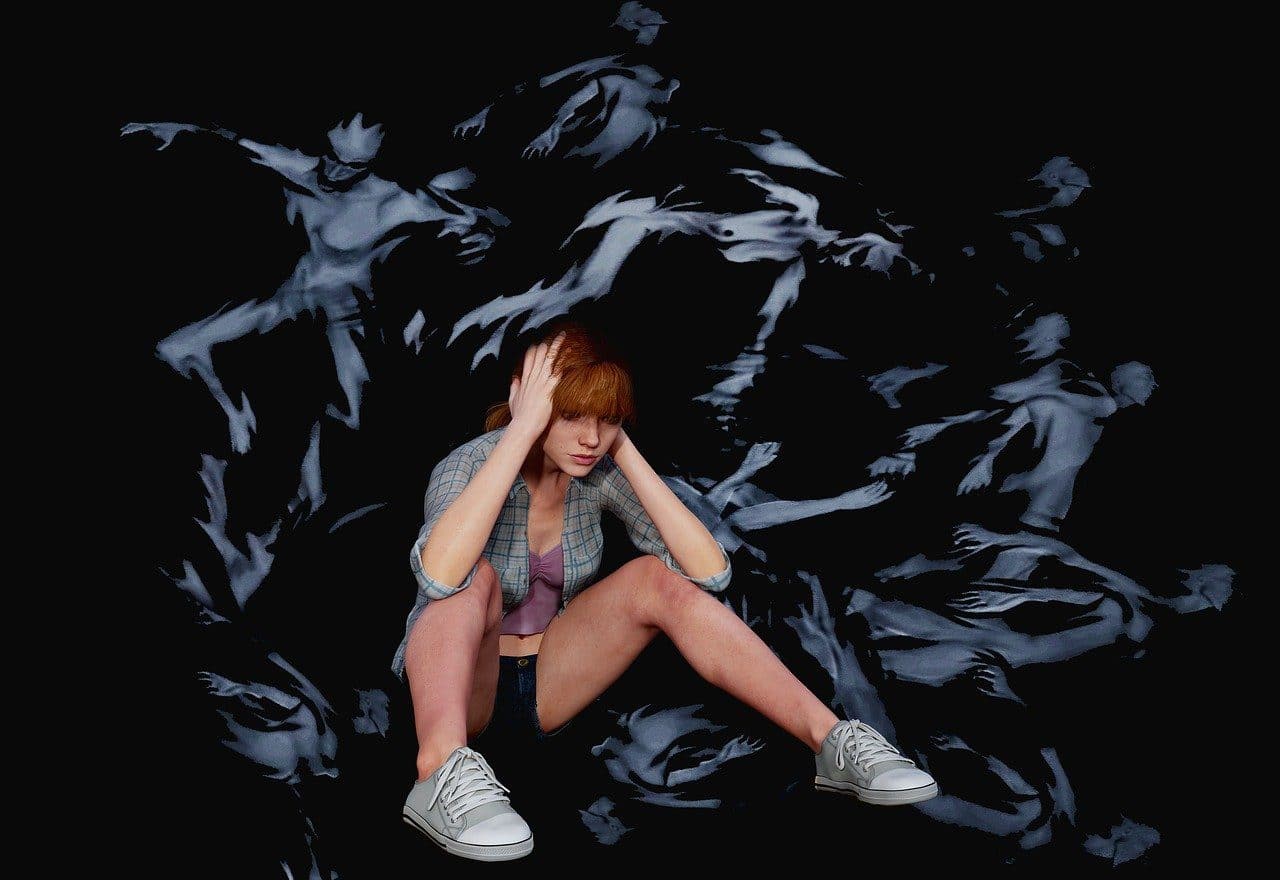
Preparing a cocktail usually requires shaking the ingredients in a shaker.
Agitation is the act and consequence of shaking (moving something violently and frequently, generating an alteration of the mood). The term comes from the Latin word agitatĭo .
For example: "By subjecting the liquid to agitation for several seconds, we will cause bubbles to form on its surface" , "The president's words caused a state of agitation in the crowd" , "The agitation of the sea is a product of the wind" .
Agitation as the action of shaking
Agitation can occur in different areas. To prepare a cocktail , it is common for a person to shake the contents of a container so that the ingredients mix. To prepare the martini, to name one possibility, place gin and a splash of vermouth in a shaker. After a brief shake, the cocktail can now be served. The normal thing is that the glass is decorated with an olive.
Certain musical instruments, such as maracas and rattles , require shaking to produce sound. Whoever wants to make these instruments sound must shake them vigorously .

The idea of agitation can be linked to a mental disturbance.
The concept in psychology
For psychology , agitation is a disturbance of the mood that causes hyperactivity of the body: "Prey to agitation, the woman began to run and scream."
From a clinical point of view, it is possible to define agitation as a state of extreme excitement or emotion that generates unpleasant sensations in the subject, such as irritability , confusion and tension . In this context, agitation can present various characteristics; For example, sometimes it appears spontaneously, unrelated to any health disorder, while other times it may be an indication of an underlying problem, and in these cases more symptoms are usually evident.
A clear example of a condition in which agitation tells us about a more serious disorder is one in which it is combined with an alteration of consciousness ; that is, when it is accompanied by a modification of the subject's mental lucidity. When this happens, we may be dealing with a case of delirium , a confusion disorder that must be diagnosed and treated appropriately by a doctor.
In addition to delirium, it is also possible to find agitation in the company of other diseases and problems in the brain, such as depression , schizophrenia , anxiety , Alzheimer's disease and mania.
Causes of agitation
Regarding the causes of agitation in humans, the possibilities are many:
- In the case of alcohol or drug use (such as marijuana, cocaine, opiates, PCP or hallucinogens), withdrawal or intoxication.
- Various allergic reactions.
- Excessive caffeine consumption that causes intoxication.
- Nephropathy, liver disease, lung disease or heart disease, in some of its forms.
- Hospital admission, especially in older people;
- Exposure to certain medications, including steroids, amphetamines, and theophylline.
Knowing the causes of agitation is very important, since it often leads to serious forms of violence , both towards third parties and against the patient themselves (for example, it can increase the risk of suicide). To reduce and control agitation, it is necessary for the subject to be in a calm environment , without annoying noises, with adequate lighting for their activities, and to sleep the recommended number of hours for their age and pace of life.
The social upheaval
Social unrest , on the other hand, refers to a commotion that occurs in society . Such agitation may be incited by certain groups to bring about a change of government.
The United States , in this framework, promoted social unrest in Cuba for many years with the intention of generating the fall of the communist regime, through the use of political propaganda, financing opposition groups, etc.
